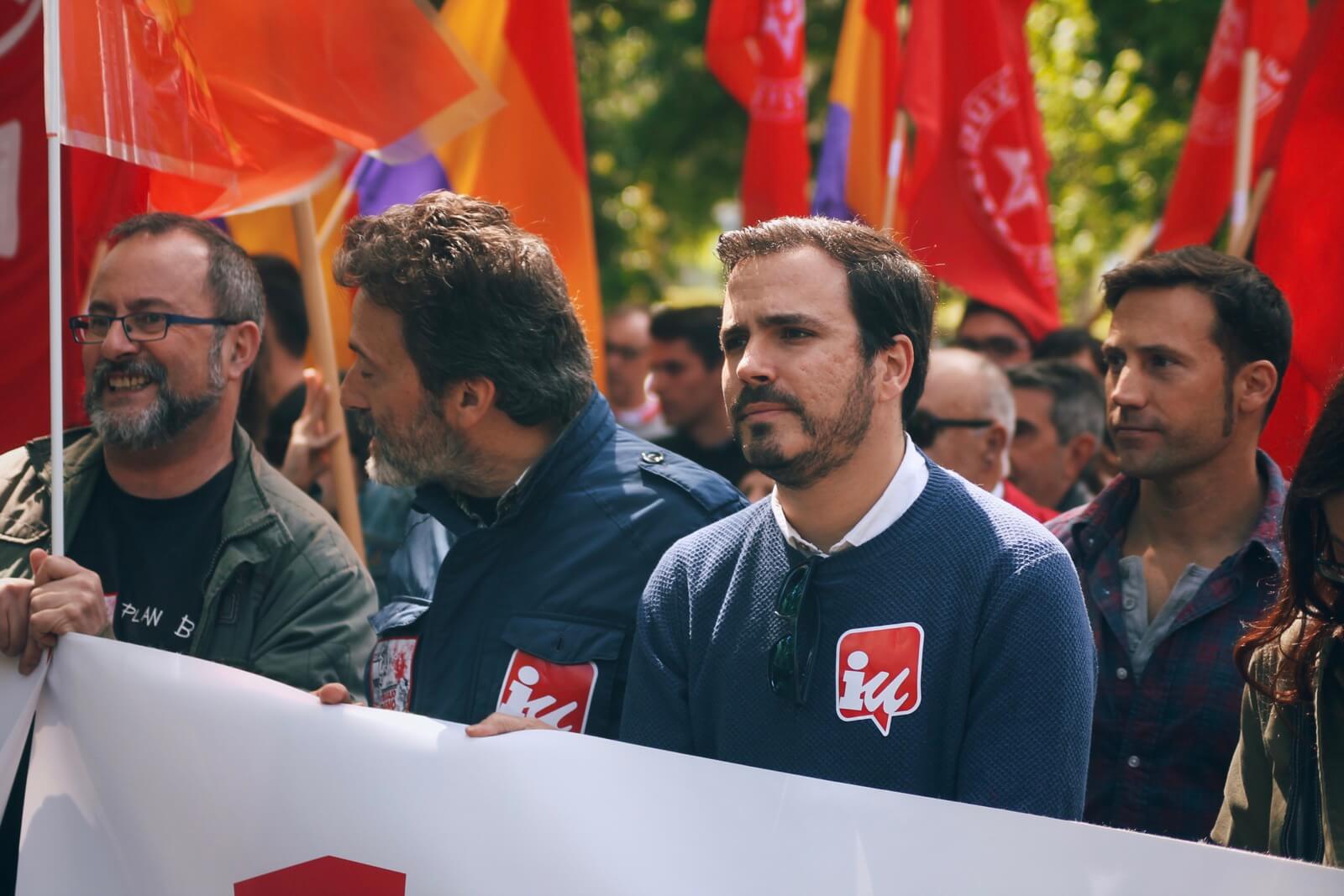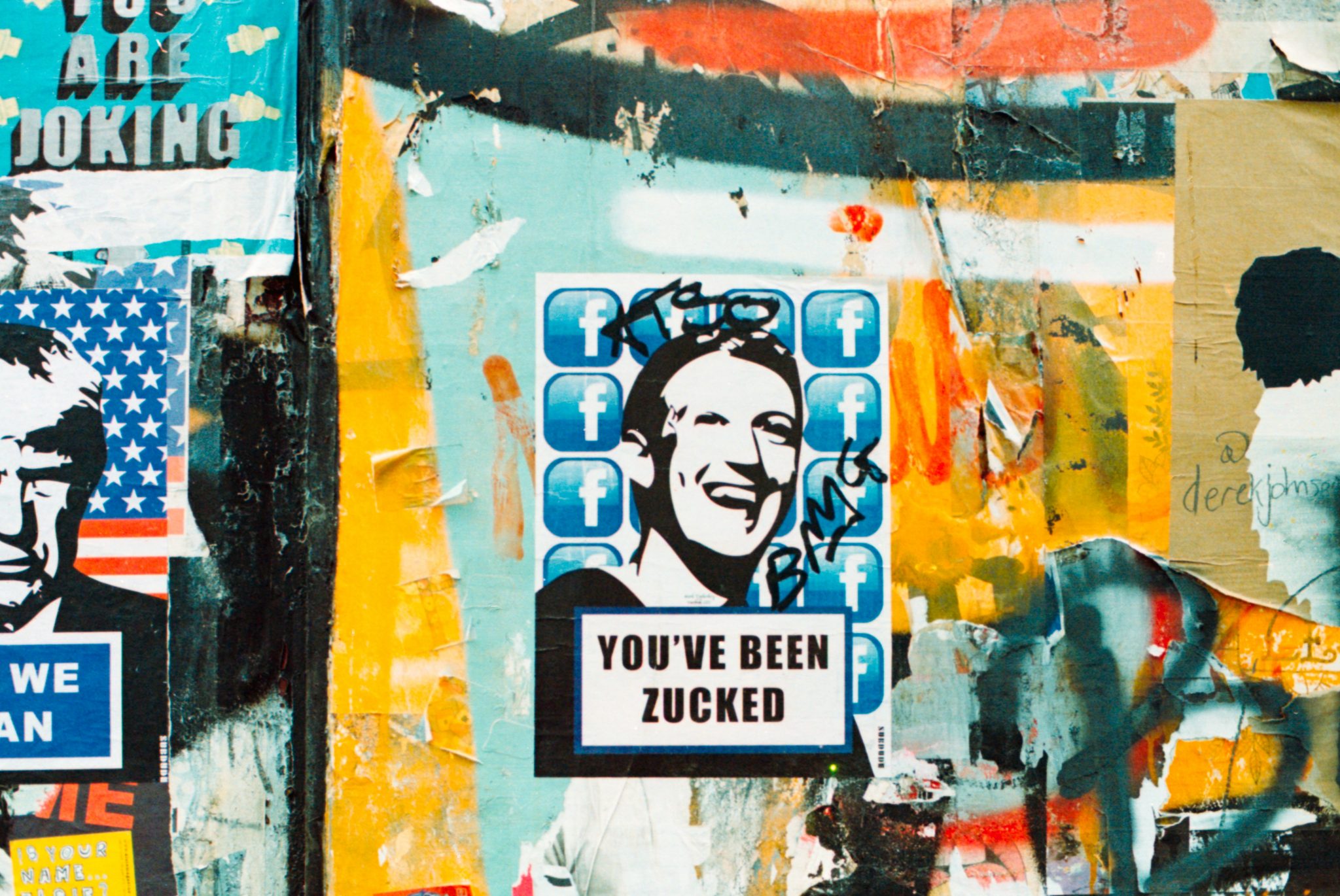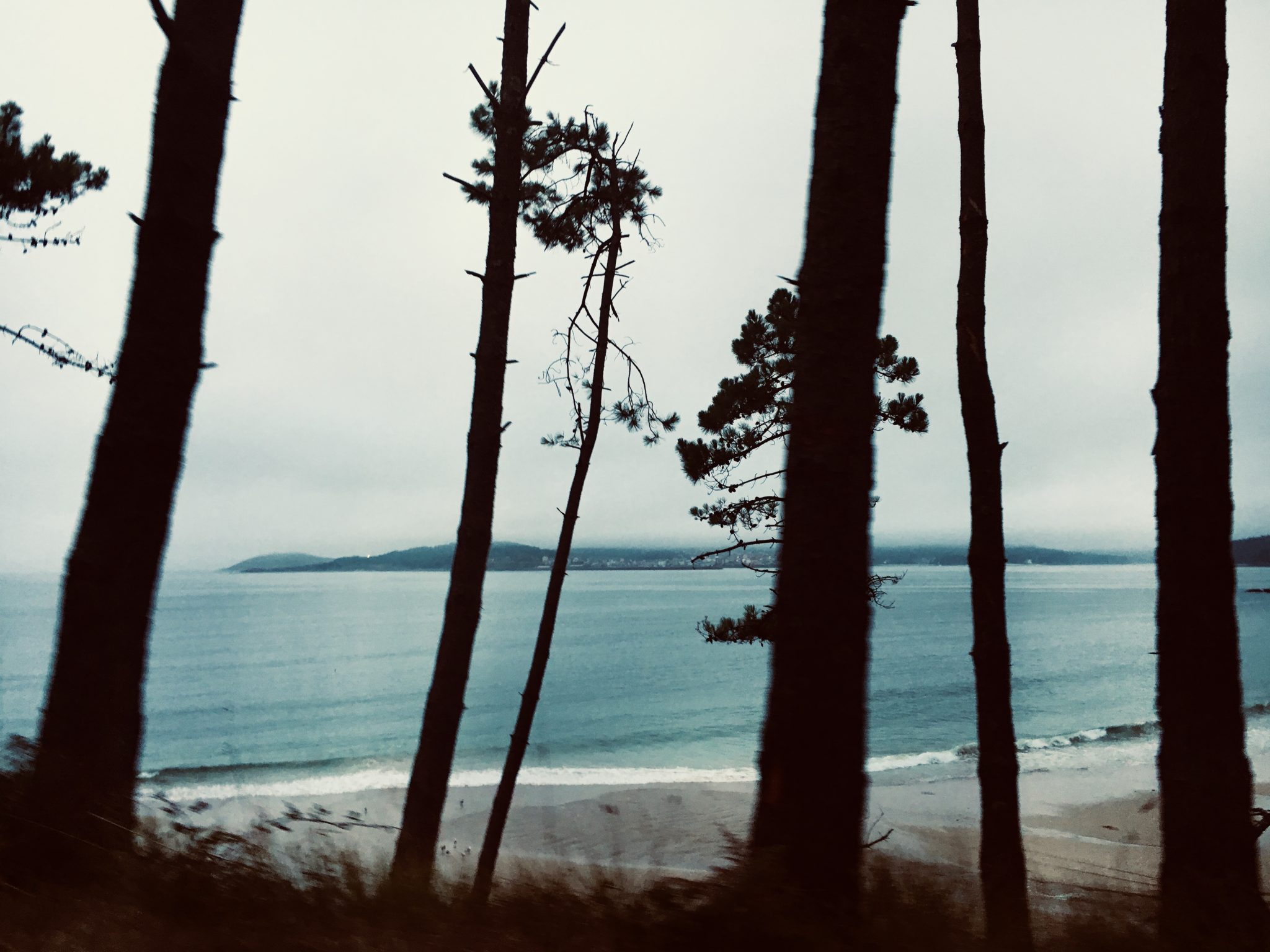
Some of my favorite pieces written in English on contemporary Spanish politics come from Eoghan Gilmartin and Tommy Greene and this interview in Jacobin Magazine with Alberto Garzón is no exception. Previously unpublished as part of a broader interview for the Tribune done back in April, the general coordinator of United Left and Spain’s first communist minister (of consumer affairs) since the Second Spanish Republic shared his views on communism:
“My communism isn’t a folkloric, symbolic, or aesthetic communism that simply lives through nostalgia. It’s a way of confronting the social and environmental problems we have, in the face of an economic system which is leading us to disaster. It works off the etymology of what “radical” means — that is, to get to the roots of problems. So, my idea of communism is very open. Perhaps in other countries it is understood in another way, but in Spain the communists are those who helped bring about democracy in the 1970s and who defended the Second Republic in the 1930s. Communism doesn’t have the same connotations that it may have in Eastern Europe, or in places where anticommunist propaganda has been extremely effective. And this vision of communism needs to understand the need to reckon with the problems that face us today. Historically socialism hasn’t taken on board questions like feminism and environmentalism, but these need to be incorporated. This isn’t new — it has been the case since as far back as the 1980s. But Spain is one of the countries in the world where feminism is currently strongest, and we’re one of the European countries that is going to be most heavily impacted by climate change and ecological collapse. We need to build a space that I would call “eco-socialist” or “eco-communist” — although at the end of the day, labels don’t interest me that much. I’m a lot more concerned with people understanding what it is we want to do — to construct an alternative to a society dominated by the accumulation of private profit.”
North Americans are still getting used to the idea of democratic socialism with Bernie Sanders as an alternative vision to the inequality of New Gilded Age. There, communism still has much more baggage. But here in Spain, the communists helped bring about the transition to democracy after the death of Franco. And these communist parties in Western Europe were quite different than the Bolshevik variety, though the PCE has recently returned to its original endorsement of Marxism–Leninism. I’m interested to see how the reactionary right responds to Spain’s new coalition government in the new year.

